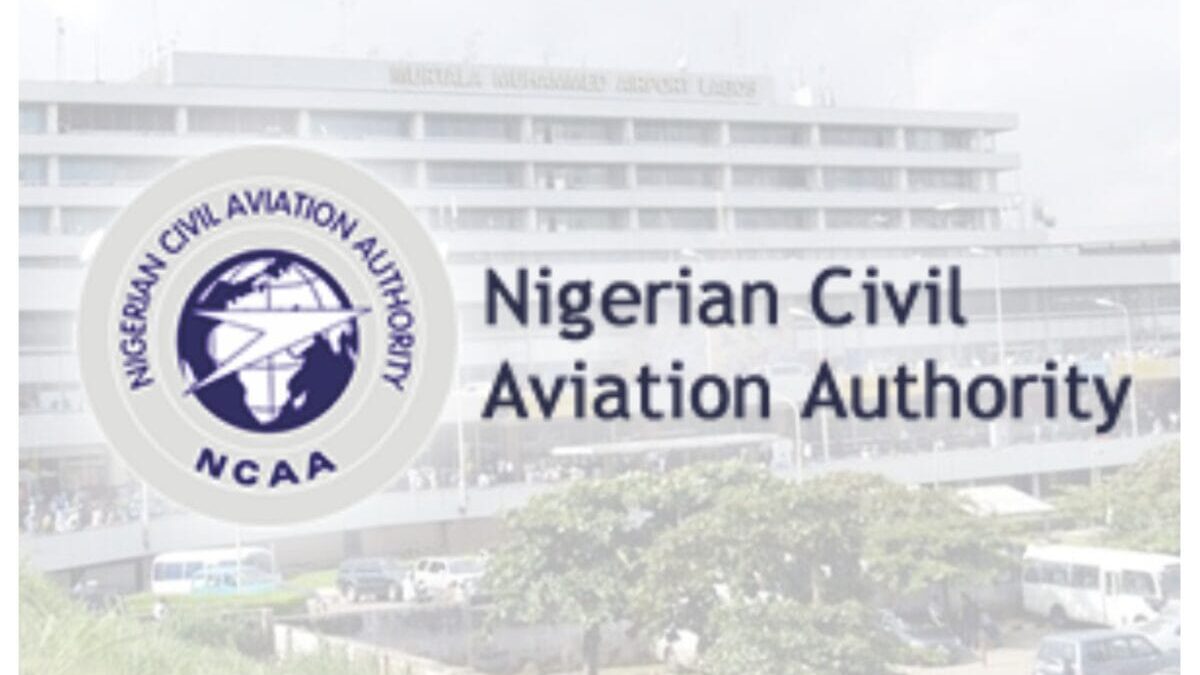Thursday May 15, 2025 |
The Nigeria Civil Aviation Authority (NCAA) has declared that no drone currently operating in the country has been certified by the regulatory body.
Despite the existence of drone regulations dating back to 2017, the NCAA insists that none of the drones being flown today in Nigeria meet the certification requirements for official operation.
The regulations, introduced to address illegal and criminal use of drones, mandate that operators obtain a remote pilot licence. Additionally, individuals must be at least 16 years old and must undergo a series of tests before being allowed to fly a drone.
Section 21.3.1 of the 2017 Regulations states: “Every person lawfully entitled to the possession of an RPA (Remotely Piloted Aircraft) in Nigeria shall register the RPA with a gross mass of 250 grams or more as stipulated by the Authority and hold a valid certificate of registration.”
Contrary to circulating claims that drone registration costs N3 million, the NCAA clarified that the actual fee, as stipulated in the Nigeria Civil Aviation Regulations (Nig. CARS), is only N5,000.
Speaking on the matter, Godwin Balang, Director at the NCAA, said that none of the drones currently in use in Nigeria fall under the certified category. He explained that, unlike conventional aircraft that undergo type certification, drones are still evolving and lack globally harmonised standards for certification and evaluation.
“There is no single drone that falls under the certified category in Nigeria,” he said. “The implication is that we must now set specific rules to control the operations of these uncertified aircraft. Because they are not certified, there are no written standards anywhere.”
Balang further highlighted the broader challenges: “If we understand this context, then some of the issues we’re seeing—like the difficulty in certifying pilots or managing security concerns—will not come as a surprise. But as a country, we have a responsibility to take action.”
He noted that until recently, even the International Civil Aviation Organisation (ICAO) had no annexe dedicated to drones. “Although ICAO has now developed an annexe, it primarily applies to certified aircraft, which doesn’t solve the problem for us,” he explained.
“When we came in, we issued an advisory circular to provide guidance. The reality is that many people were already operating drones before laws were formally put in place. Interestingly, countries like South Africa, which had previously issued drone licences, have since reversed their stance,” he added.
Related posts
Categories
- Advertisements (1)
- Agriculture (46)
- Breaking News (26)
- Business (599)
- Crime (994)
- Education (322)
- Entertainment (128)
- Features (13)
- For The Records (43)
- Foreign News (1,201)
- Health (220)
- Home News (332)
- Interview (9)
- Judiciary (354)
- Lifestyle (140)
- Local News (112)
- National News (1,449)
- Opinion (26)
- Politics (1,018)
- Religion (158)
- Science and Technology (125)
- Security (686)
- Sports (882)
- States' News (822)
- Transportation (330)
- Uncategorized (10)

